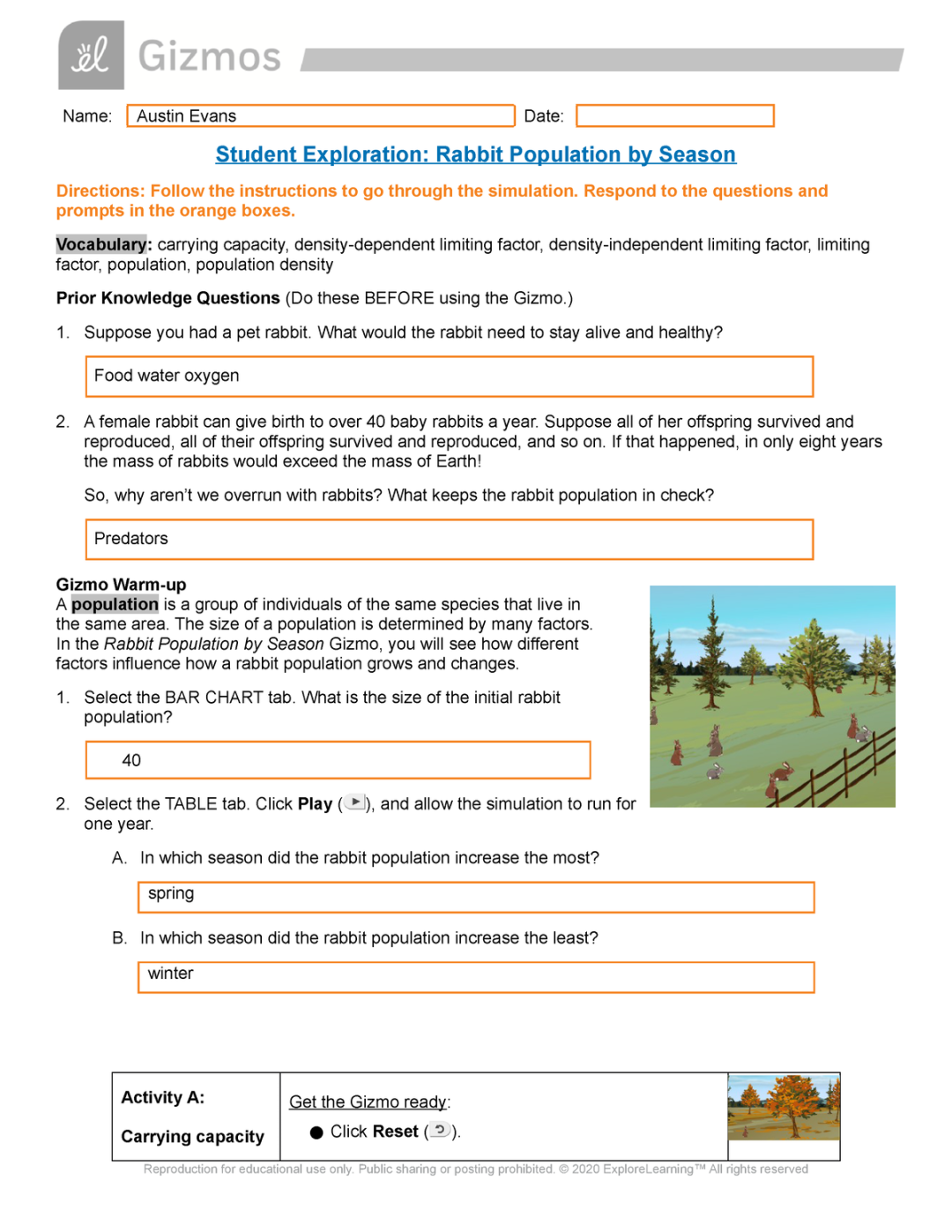How Do You Think a Period of Harsh Winters Will Affect The Rabbit Population?
Harsh winters can have a significant impact on the population of rabbits, affecting their survival, reproduction, and overall numbers. In this article, we will explore the various ways in which a period of harsh winters can influence the rabbit population.

1. Decreased Food Availability
During harsh winters, the availability of food sources for rabbits diminishes significantly. Snow covers vegetation, making it difficult for rabbits to find nutritious plants to eat. As a result, rabbits may face malnutrition and weakened immune systems, making them more susceptible to diseases and predation.
2. Increased Predation
With food scarcity, predators such as foxes, wolves, and birds of prey become more desperate to find food. These predators target rabbits as a readily available food source. The combination of harsh winter conditions and increased predation can lead to a significant decline in the rabbit population.
3. Reduced Reproduction
Rabbits typically breed throughout the year, but during harsh winters, their reproductive rates can decline. The scarcity of food and extreme weather conditions make it challenging for rabbits to find suitable mates and provide enough resources to support their offspring. As a result, the number of new rabbit births decreases, further impacting the population.
4. Migration
Some rabbits may choose to migrate to more favorable areas during periods of harsh winters. They might move to regions with milder climates or areas where food sources are still available. This migration behavior helps reduce competition for limited resources in their original habitats but can also result in a fragmented rabbit population.
5. Adapting to Cold Environments
While some rabbits may struggle to survive during harsh winters, others have adapted to cold environments. Certain rabbit species, like the Arctic hare, have thick fur that provides insulation and enables them to withstand extremely low temperatures. These adaptations increase their chances of survival, maintaining their population in areas prone to harsh winters.
FAQs
1. Can rabbits hibernate during harsh winters?
No, rabbits do not hibernate. They remain active throughout the year, even during harsh winters. However, they may spend more time in their burrows to conserve energy and protect themselves from the cold.
2. How do rabbits find food when it’s covered in snow?
Rabbits have the ability to dig through the snow to reach vegetation. They use their powerful hind legs to create tunnels and find plants that are still accessible beneath the snow cover.
3. Are all rabbit species equally affected by harsh winters?
No, different rabbit species have varying levels of tolerance to harsh winters. Some species, like the arctic hare, are well-adapted to cold environments and can survive even in extreme conditions. Others may struggle more and experience greater population declines.
4. How long can rabbits survive without food during harsh winters?
Rabbits can survive for several days without food during harsh winters, as they can rely on their fat reserves for energy. However, prolonged periods of food scarcity can lead to malnutrition, weakened immune systems, and increased vulnerability to predators.
In conclusion, a period of harsh winters can have a substantial impact on the rabbit population. The decreased availability of food, increased predation, reduced reproduction rates, and potential migration all contribute to a decline in rabbit numbers. However, certain rabbit species’ adaptations to cold environments may enable them to withstand these challenging conditions. It is essential to understand and monitor these effects to ensure the conservation and management of rabbit populations in the face of changing winter conditions.
Related Articles…
Copyright Notice:
All images featured on this site are sourced from the internet, copyrights belong to respective owners. Should you own any image and require it to be removed, please contact us.